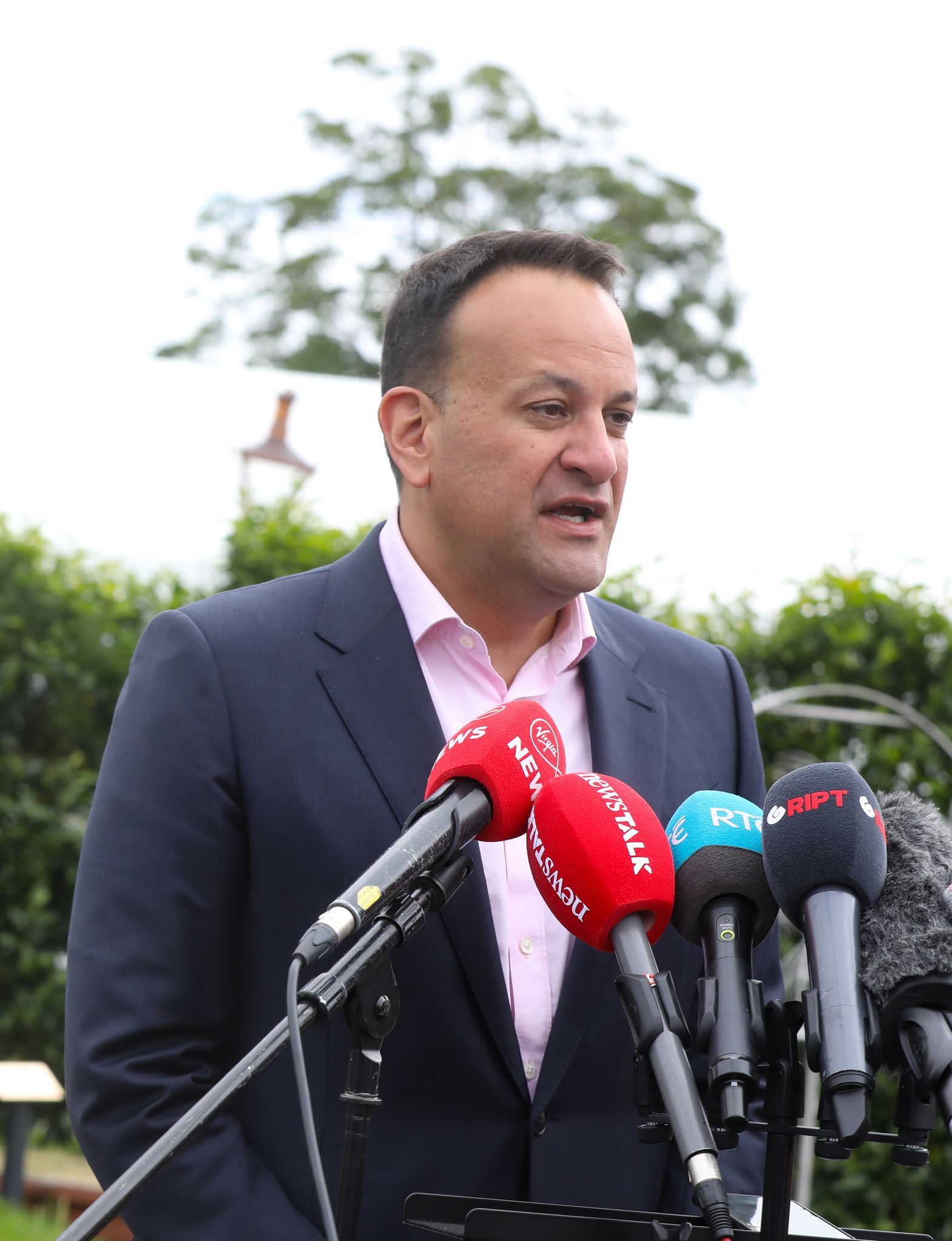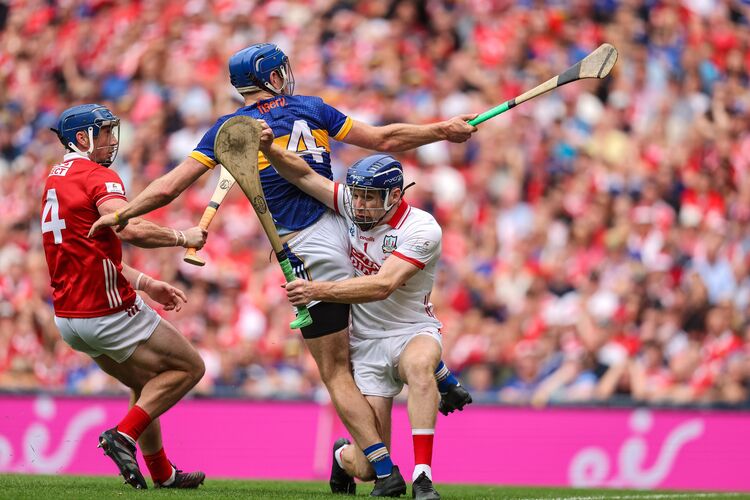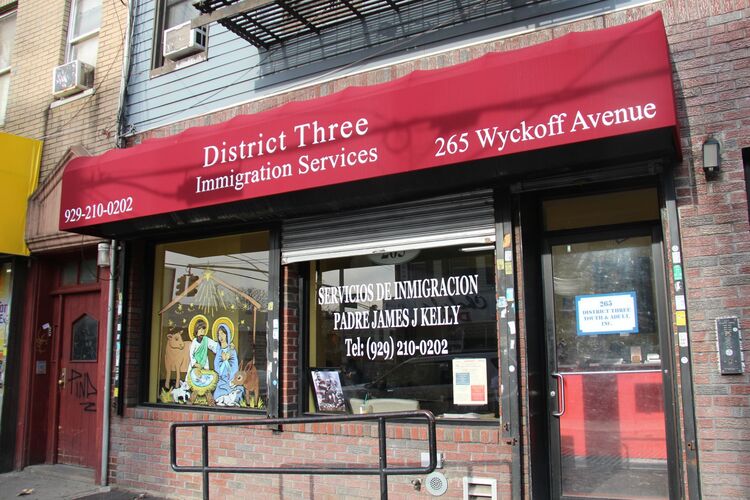Northern Ireland is something of an economic crossroads.
After all, it is a place of interest and direct involvement on the part of London, Dublin, and Washington, D.C.
You can add Brussels into the mix because much of how the North conducts its current economic life has been decided there. For this look to the NI Protocol.
There might be the Windsor Framework but there is, crucially, the Brussels foundation.
And then there's New York, city and state. Both have long been investors in the North in the context of fair employment legislation. The attendees at this week's New York/New Belfast conference will doubtless be reminded of this years' long munificence.
Other U.S. cities and states take a direct interest in the North too.
Then there is the International Fund for Ireland, and the Ireland Funds. And of course an array of corporations that have invested over the years in the Six Counties.
But out of all these interested and helpful parties and places one has been a particular standout in most recent days. And that is Dublin and the Irish government.
As readers would have noted in last week's edition of the Echo, the Republic’s government is funding 250 student nursing and midwifery places in Northern Ireland.
Stated the report, which is worth repeating in significant part here: "The unprecedented cross-border financial intervention comes after it was announced that 300 student nursing places in the North were being cut due to budget constraints.
"The Irish Times has reported that the €10 million investment will result in 200 undergraduate places for students from the Republic and 50 for students from Northern Ireland. They will study at Queen’s University Belfast and Ulster University from September.
"A spokesperson for the Department of Health in the Republic said: 'We can confirm that the department has been engaged in this regard with the third level sector, and all other stakeholders, across the island. Discussions are at an advanced stage in order to bring this about as soon as possible.
'The North’s Department of Health said it "welcomes this planned one-year arrangement, which will help maintain the current training infrastructure for pre-registration nurse training ahead of an intended future increase in NI-funded places in the event of additional funding being available.
'In addition, the NI health service will benefit from the fact students with ROI-funded nursing and midwifery training places in NI universities will do practical training here, making a vital contribution to care for patients.
'All those graduating from ROI-funded places will be free to take up employment in the NI health service if that is their preferred option. This planned one-year funding arrangement will be an important practical step in fostering future collaboration across the island of Ireland in the important area of healthcare training, which will be to the mutual benefit of our healthcare systems.'”
Last month, the report added, Taoiseach Leo Varadkar said the Irish government was keen to finance some infrastructure projects in the North, including the A5 road from Derry to Aughnacloy in County Tyrone where it crosses the border and links up with the N2 to Dublin, as well as the Narrow Water Bridge from near Warrenpoint in County Down to Omeath in County Louth.
Now this kind of financial input from Dublin has been in play for some years. But said input is likely to increase in overall financial relevance for the North as the negative effects of Brexit dig deeper into the UK economy.
The North is to a degree sheltered from the worst of these negative economic effects by virtue of the Windsor Framework, the Protocol, and the direct involvement of Dublin where the government is right now having to deal, happily, with a significant fiscal surplus.
Across the Irish Sea, in London, the fiscal situation is different. The overall UK economy is, of course, far bigger than Ireland's. But it is shrinking post-Brexit.
This from columnist Polly Toynbee in The Guardian. She was focusing her ire on Boris Johnson and had this to say: "His short term in office has left the deepest and most enduring legacy that will scar the history books when other leaders are long forgotten. No other prime minister in my lifetime has inflicted such permanent and crippling damage, dividing and diminishing the nation with a Brexit he didn’t even care about.
"Margaret Thatcher’s harms are many and searing, but they can be undone, and it looks as if many soon could be. Brexit is a deeper laceration. It will forever leave a mark as the most abrupt and pivotal point in the nation’s decline. Despised abroad, with a shrinking GDP and a loss of foreign investment as well as respect, Britain now finds itself alienated, alone, and sliding downwards on just about every league table. Johnson did this, the political wizard who cast a spell over the voters with his outrageous lies and promises. His cunning verbal wit – and even the seductive falsities he peddled – were part of his charm. This was his only talent, and it was lethal."
If isolated and alone, Northern Ireland might have been left to a grim fate - going down with the post-Brexit UK ship. But luckily for the North, it is not isolated and alone. Anything but.







